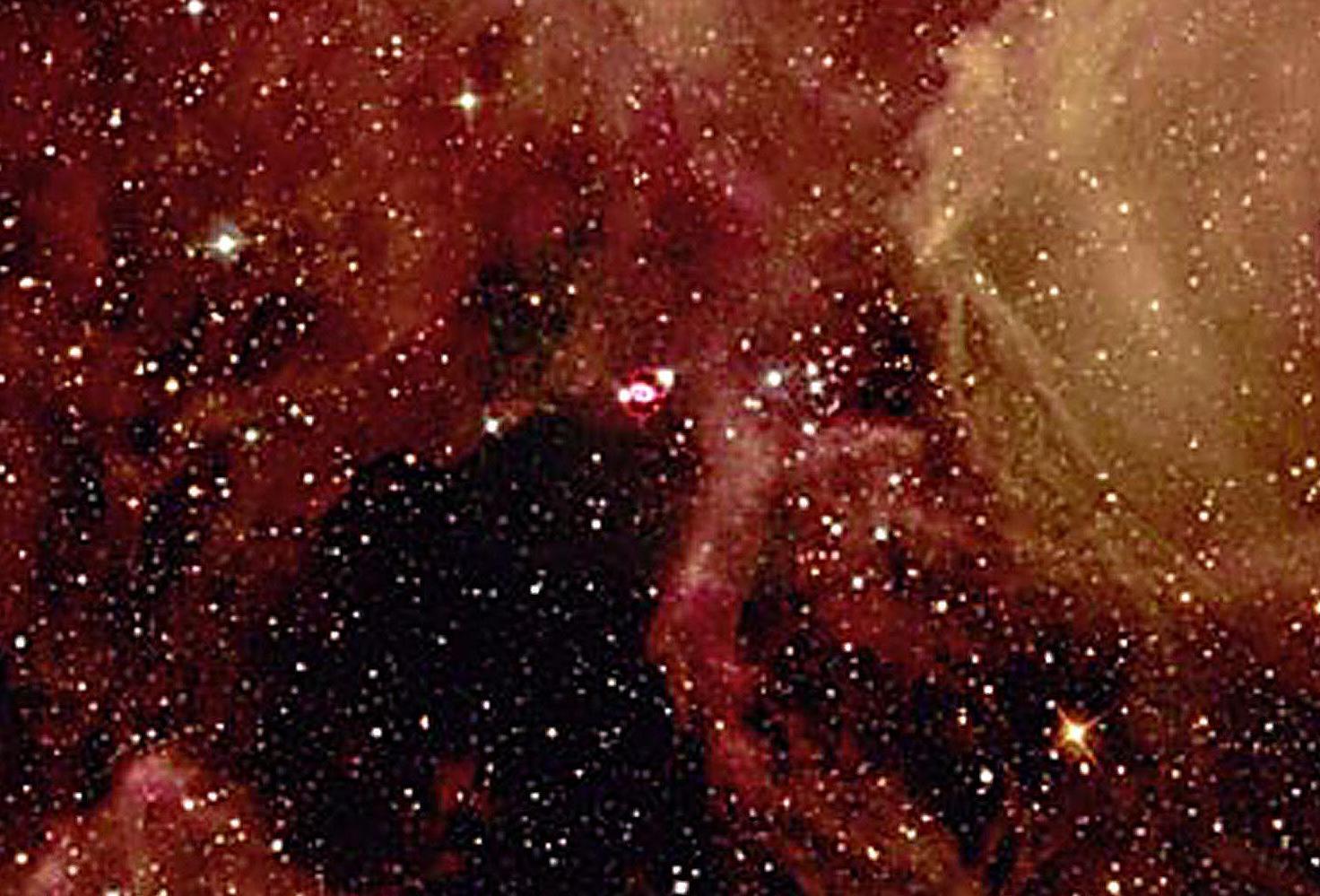Scientists unveil radical new ‘missing law’ to explain the universe
Does evolution exist outside of living systems?

Scientists say they’ve identified a “missing law” of evolution, which could have the potential to change our understanding of everything in the universe.
While laws of physics, such as motion and gravity, are a staple of understanding in the scientific world, a group of scientists and philosophers from some of America’s top institutions believe that Charles Darwin’s “survival of the fittest” theory could also help us understand how nonliving phenomena work.
The group published a PNAS research article claiming that they have found out that evolution and natural selection also apply to complex phenomena.
Darwin’s theory of evolution describes that natural selection produces the “survival of the fittest” - where traits are “selected” and passed down between living elements to adapt to changing environments.
The researchers now claim that something similar - what they call "the law of increasing functional information" - applies to complex systems that are ‘nonliving’, such as atoms, stars, hurricanes and minerals, to name a few.
“We see Darwinian evolution as a specific case of a more general process that applies to nonliving systems as well,” said Dr Michael Wong, the first author of the research, based at the Carnegie Institution for Science, according to The Guardian.
The paper identified “universal concepts of selection”, which “drive systems to evolve through the exchange of information between the environment and the system.”
In other words, these systems adapt themselves and evolve like a plant, for example, would do in the living world by “selecting” traits.
While laws do not answer “the meaning of life,” they do give a basis for understanding how things work without necessarily comprehending why?
For example, Dr Wong said that understanding these complex systems through this law could help study environmental change and its impact on Earth.
“After all, Earth’s biosphere is the most complex evolving system we know of so far. We ought to ask ourselves: what functions are we promoting (or damaging) in our own evolving biosphere? What features of our present-day society are conducive to not only long-term persistence but long-term thriving, and what aspects require changing?” he said.
This new proposed law has been met with mixed views from the scientific world.
Medical doctor and theoretical biologist Stuart Kauffman called the report a "superb, bold, broad, and transformational article,” in a statement on the publication.
Similarly, Andrew Roli said that “this contribution has also the merit of speaking to different scientific communities that might find a common ground for open and fruitful discussions on complexity and evolution.”
Yet some scientists are not so convinced.
Astronomy Professor Martin Rees believes that their law does not fit into the world of the nonliving systems, according to The Guardian.
“I don’t see that this need be a manifestation of any new underlying principle analogous to the role of Darwinian selection via inheritance in the biological world.”
Subscribe to Independent Premium to bookmark this article
Want to bookmark your favourite articles and stories to read or reference later? Start your Independent Premium subscription today.

Join our commenting forum
Join thought-provoking conversations, follow other Independent readers and see their replies